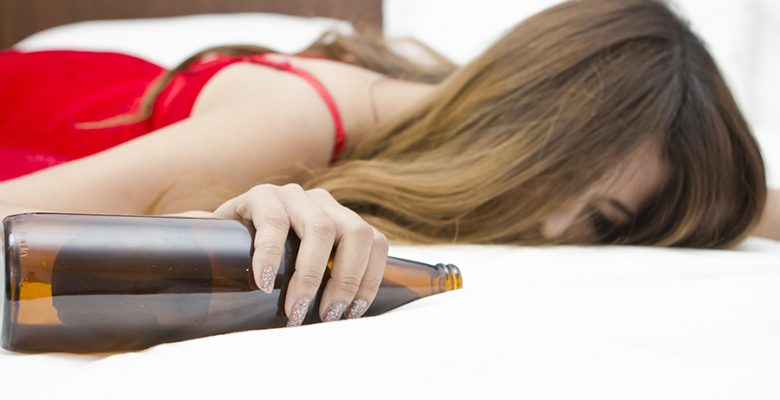Many parents of students going off to college are thinking, “In a few months my senior will be away, I won’t be with them to monitor their drinking, they will need to be responsible for their decisions around drinking”. This is true – they will have less supervision and more responsibility for their behavior, which is why parents of students going to college need to talk to their graduate about the different pressures to drink alcohol at college and sometimes the pressure to drink dangerous amounts of alcohol.
The advice for parents is:
1) Discuss the different situations where this can occur before your teen begins college: Fraternity/Sorority parties, rush, initiation; other activities such as band, vocal groups, debate team etc. and sports tryouts and initiation.
2) Remind the student of the dangers of alcohol use and the specific ways alcohol can be dangerous (drinking quickly, drinking when dehydrated/thirsty, drinking on an empty stomach, drinking when performing activities that require a high degree of coordination or judgement, drinking when physically sick or emotionally upset, drinking when there is an increased probability of being a crime victim, drinking when using medications or drugs such as marijuana, opioids, sedatives, tranquilizers.
3) Prepare the teen for what they can say to not use alcohol. “I don’t drink or I have a medical condition that gets bad if I drink alcohol. What else can I do to show you that I really want to be a part of the_________.”
4) Pre-arrange a code with a parent or other relative for the student if the student needs to be “interrupted” and needs to leave the drinking activity. The parent can text the student a message such as “There’s a serious problem we need to discuss right now. You need to go someplace where we can speak right now.”
5) Pre-arrange with an on campus “buddy” that is not going to the drinking event with the student. Have the buddy “track” the student and have regular check-ins. If the student does not respond to any of the regular check-ins, the buddy will use the tracking info to locate the student to determine his condition and if warranted, call 911.
6) Have the buddy call 911 if the student who has been drinking experiences any one of the following: passes out; is “sleeping” and doesn’t wake up when there is a painful stimulus (such as rubbing a fist on the sternum – the vertical bone between the ribs, or pulling hair), looks pale, can’t sustain holding their head up, is breathing irregularly.

